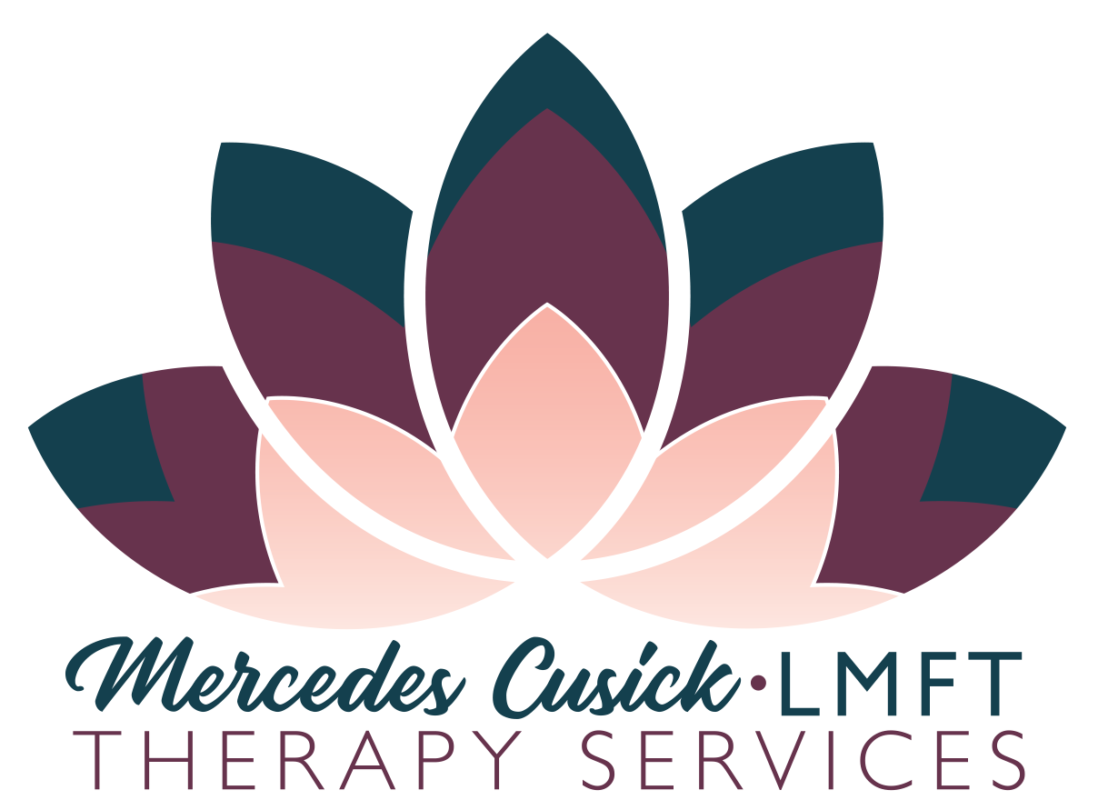Transgenerational trauma is a profound psychological legacy, passing unnoticed through generations like a silent current under the surface of family dynamics. Understanding its roots can illuminate long-standing patterns of behavior and emotional responses within families, particularly those exposed to violence, abuse, and racism. This blog post aims to unpack the complex nature of inherited trauma, offering insights and pathways towards healing and breaking the cycle.
Understanding Transgenerational Trauma
Transgenerational trauma, often invisible and silent, threads through the fabric of families, weaving patterns of behavior, emotions, and even physical health issues that originate not from the individual, but from generations past. This phenomenon reflects not just the echoes of personal traumas but the collective experiences of communities and societies subjected to prolonged adversity, such as wars, genocide, enslavement, and systemic racism.
Understanding transgenerational trauma requires us to delve into the complex interplay between nature and nurture. It’s about recognizing how traumatic experiences can alter genetic expression—epigenetics—thereby predisposing subsequent generations to similar vulnerabilities. Equally, it’s about understanding how the behaviors, attitudes, and coping strategies developed by one generation in response to trauma can influence the upbringing and environment of the next.
How Trauma Is Passed Down Through Generations
The passage of trauma from one generation to the next can be both direct and indirect. Directly, through genetic predispositions to stress and trauma response, making each successive generation potentially more vulnerable to psychological stressors. Indirectly, through learned behaviors and environmental cues, where children grow up observing and eventually mirroring the coping mechanisms, emotional responses, and even the non-verbal cues of traumatized parents or caregivers.
The Impact of Violent Households on the Family Unit
Violent households serve as a potent breeding ground for transgenerational trauma. The immediate effects on individuals—fear, anxiety, instability—are well-documented, but the long-term impact on the family unit and subsequent generations receives less attention. Children raised in such environments often internalize violence as a normative method of conflict resolution or as an expression of emotion, carrying these patterns into their own adult relationships and, potentially, parenting styles.
Besides the cyclical nature of behavioral patterns, the emotional turmoil and psychological scars inflicted by domestic violence ripple across generations. The trauma of living in a violent home can lead to an array of mental health challenges in children, from PTSD and anxiety to depression and substance abuse, which can persist and influence their own children’s psychological well-being.
Racism and Transgenerational Trauma: A Deep-Rooted Issue
Racism, with its insidious, pervasive presence, has a profound impact on transgenerational trauma, particularly within communities historically subjected to racial prejudice and systemic discrimination. The cumulative psychological burden of racism not only affects those who directly experience it but also casts long shadows over future generations. This trauma can manifest in a heightened state of vigilance, distrust in institutions, and an implicit sense of inferiority that undermines personal and collective well-being.
Identifying and Breaking the Cycle
Breaking the cycle of transgenerational trauma is an intricate process that requires both personal commitment and societal support. It begins with the identification and acknowledgment of trauma’s presence and influence within the family lineage. This often involves confronting painful histories and working through deeply imprinted fears and beliefs. Education plays a crucial role in equipping individuals with the knowledge to recognize and alter inherited behavioral patterns, fostering resilience and healthier coping mechanisms.
Therapeutic Approaches to Healing Transgenerational Trauma
Healing from transgenerational trauma is a journey that may benefit from various therapeutic approaches. Tailored therapies, such as Eye Movement Desensitization and Reprocessing (EMDR), can provide significant relief and tools for managing trauma’s effects. Equally important are family therapy modalities that facilitate communication and understanding between generations, helping to repair and strengthen the familial bonds weakened by inherited traumatic experiences.
The Role of Storytelling in Unraveling Family Traumas
Storytelling holds a powerful place in the healing process from transgenerational trauma. Through the sharing of personal and ancestral stories, individuals can reclaim narratives that have been marked by pain, transforming them into sources of strength and understanding. This process not only aids in the personal reconciliation of one’s past but also serves to solidify familial connections and empathy, laying a foundation for future generations to understand and navigate their own experiences with trauma.
Tools and Practices for Personal and Generational Healing
The path to healing from transgenerational trauma incorporates a diverse range of tools and practices, tailored to individual and family needs. Mindfulness and meditation can help cultivate a sense of present-moment awareness and emotional regulation, crucial skills for those grappling with the echoes of past traumas. Engaging in cultural and spiritual practices can also provide a sense of connection and identity, reinforcing the resilience of individuals and communities against the cyclic effects of inherited trauma.
The Path Forward: Healing and Hope
Acknowledging and addressing transgenerational trauma is the first step towards healing, both for individuals and for entire lineages. By exploring our family histories and understanding the impact of trauma passed down through generations, we can start to untangle the knots of our past. This doesn’t only free ourselves but ensures a healthier legacy for those who follow. Remember, while the trauma didn’t start with you, the path to healing can.
About the Author:
I am Mercedes Cusick, LMFT, a certified EMDR trauma therapist specializing in EMDR intensives. I am dedicated to addressing trauma-related challenges and improving mental health outcomes. My commitment to trauma therapy is driven by its significant therapeutic effects, particularly for individuals grappling with complex trauma, PTSD, toxic relationships, and narcissistic abuse.
Serving a diverse community with dedication and empathy, I am proud to support individuals in the Los Angeles area, specifically in Woodland Hills, Calabasas, Agoura, Hidden Hills, West Hills, Northridge, Winnetka, Tarzana, Studio City, Sherman Oaks, Malibu, and Beverly Hills. Together, we can journey toward healing and resilience.


